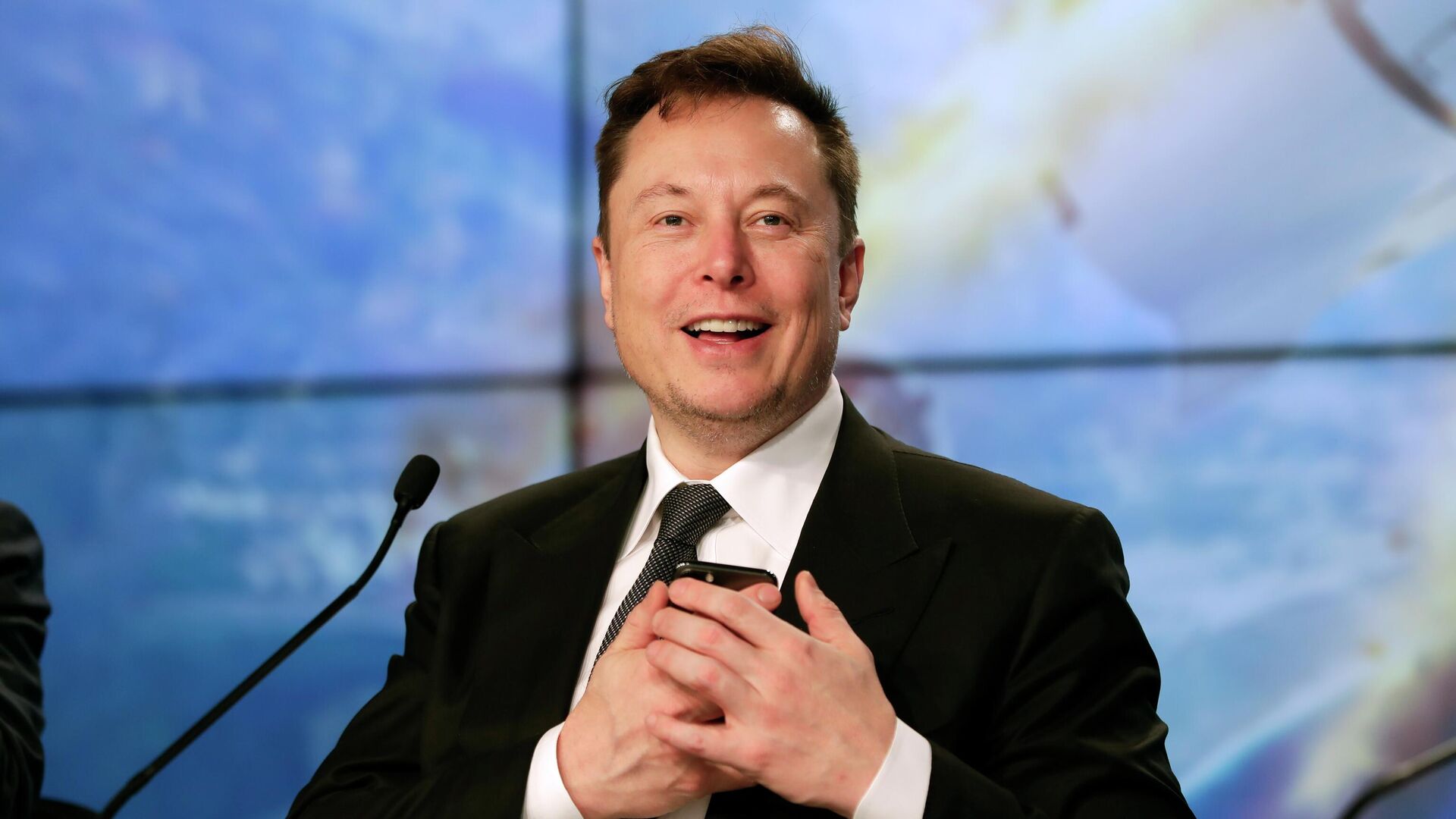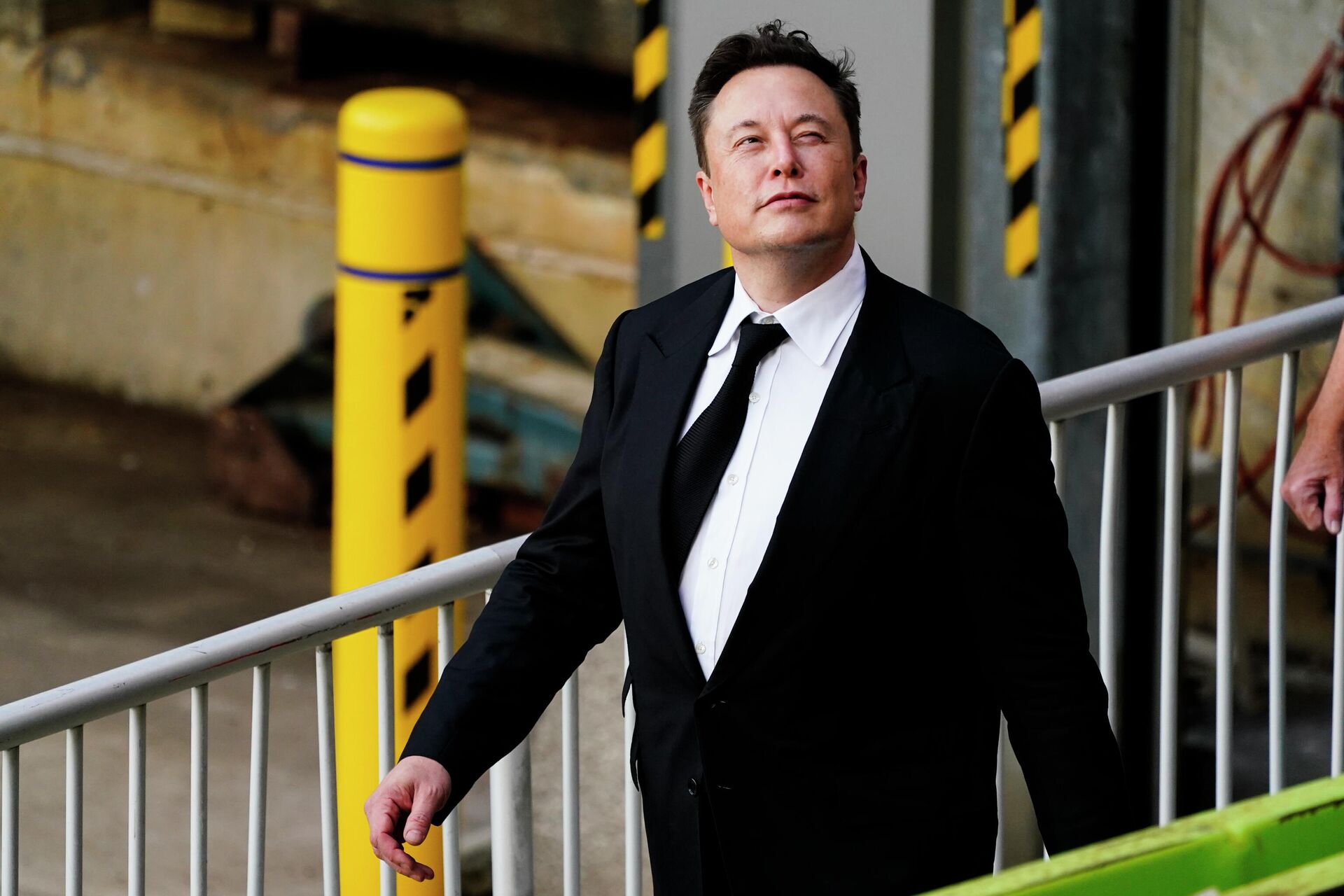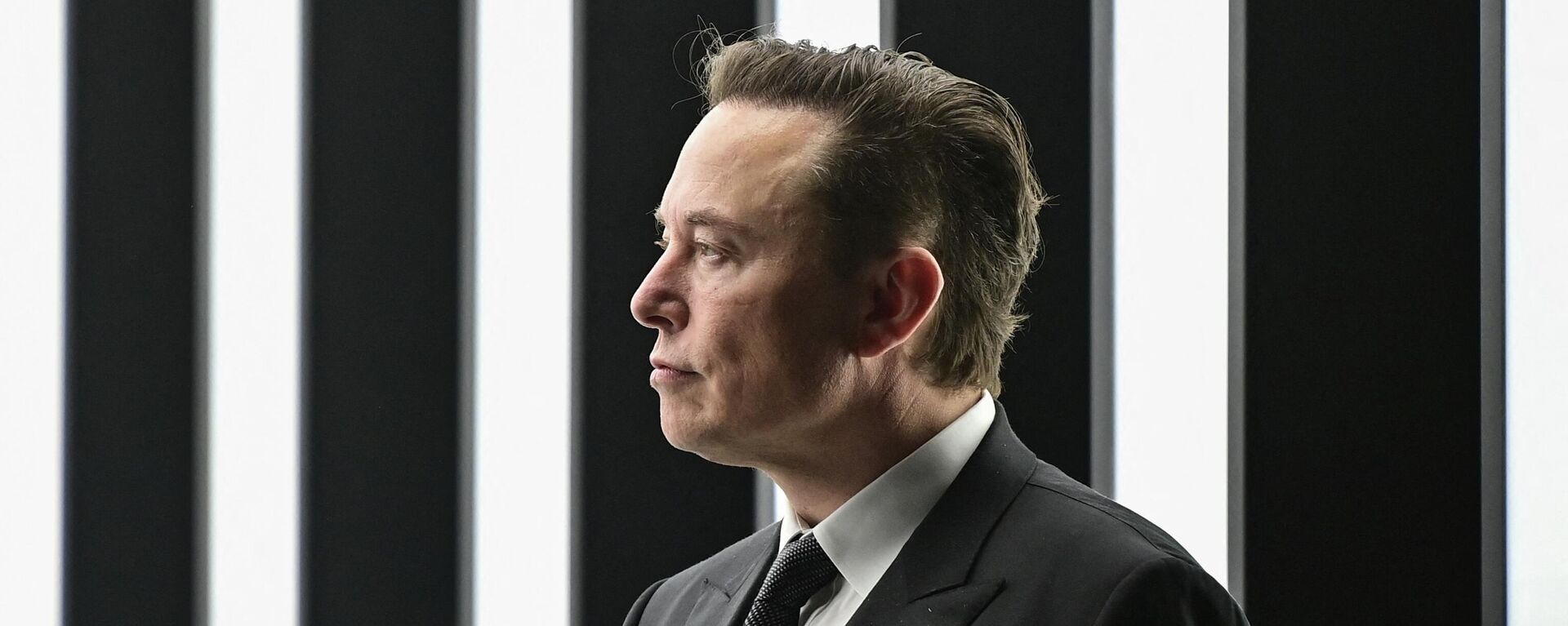Most US Twitter Users Aren't as Staunch Free Speech Champions as Elon Musk Imagined, Poll Shows
16:24 GMT 30.04.2022 (Updated: 12:56 GMT 14.04.2023)

© AP Photo / John Raoux
Subscribe
A survey by Ipsos on 26-27 April indicated that the majority of American netizens don't have a problem with Twitter or other social networks banning posts that include "misinformation," promote violence or pose a risk to the public.
Some 73 per cent of all Americans support social media companies censoring posts while just 20 per cent opposed the measure, according to the latest Ipsos survey.
At the same time, 83 per cent approved of banning posts that promote violence against particular individuals or groups and 79 per cent backed removing posts that pose a risk to the public.
However, when it comes to political posts, America appears more divided: 47 per cent of respondents are in favour of suppressing posts that promote political direct action, while 40 per cent oppose this, news site Axios reported. Meanwhile, 54 per cent said they supported removing posts that contain "heated political rhetoric" with just 36 per cent who thought that was wrong.
The survey came hot on the heels of Tesla CEO Elon Musk's historic $44-billion buyout of Twitter. The deal is expected to close in September or October 2022. Musk has long described himself as a "free-speech absolutist."
He vowed to develop new features on Twitter — a platform with over 400 million users around the world — and to manage it in line with the principle of "free speech", which he called "the bedrock of a functioning democracy."
"By ‘free speech,’ I simply mean that which matches the law," Musk tweeted on 26 April. "I am against censorship that goes far beyond the law. If people want less free speech, they will ask the government to pass laws to that effect. Therefore, going beyond the law is contrary to the will of the people."
The deal was praised by American conservatives, with some voicing hopes that Donald Trump's Twitter ban would be lifted. However, the former president poured cold water on that idea, insisting his daily comments would remain exclusive to his newly-launched social media network 'TRUTH Social'.
Meanwhile left-wing commentators have voiced concerns about the future of the network. According to US transsexual journalist Ina Fried, formerly Ian Fried, "Elon Musk's pledge to allow any speech on Twitter… would open the door to a pandemonium of objectionable and harmful content — from gory videos to efforts to mislead voters to promotions of phony COVID cures."

Elon Musk walks from the the justice center in Wilmington, Del., Monday, July 12, 2021. Musk took to a witness stand Monday to defend his company's 2016 acquisition of a troubled company called SolarCity against a shareholder lawsuit that claims he's to blame for a deal that was rife with conflicts of interest and never delivered the profits he had promised.
© AP Photo / Matt Rourke
The poll found 44 per cent of all respondents thought Musk's takeover would lead to Twitter allowing greater freedom of speech, while 12 per cent said he'd be more restrictive, according to Ipsos. Among frequent tweeters those numbers rose to 54 per cent and 21 per cent.
While Musk's acquisition of Twitter has prompted a heated debate over what "free speech" really is and at what point it becomes "misinformation," The Atlantic suggested that the real issue with social media networks is not free speech, but "the political agenda the platform may end up serving."
"'Free speech' is a disingenuous attempt to frame what is ultimately a political conflict over Twitter’s usage as a neutral question about civil liberties, but the outcome conservatives are hoping for is one in which conservative speech on the platform is favoured and liberal speech disfavoured," claimed the pro-liberal magazine.
The issue has become especially heated ahead of the November 2022 mid-term elections, which may see the Democratic Party lose its majorities in the House and Senate thanks to soaring inflation, economic recession and skyrocketing gas prices.
Musk's takeover of Twitter is seen by some on the liberals 'left' as a step towards a Republican election victory this November, and the constitutional right to freedom of speech is taking a back seat to the battle for power in Washington.


